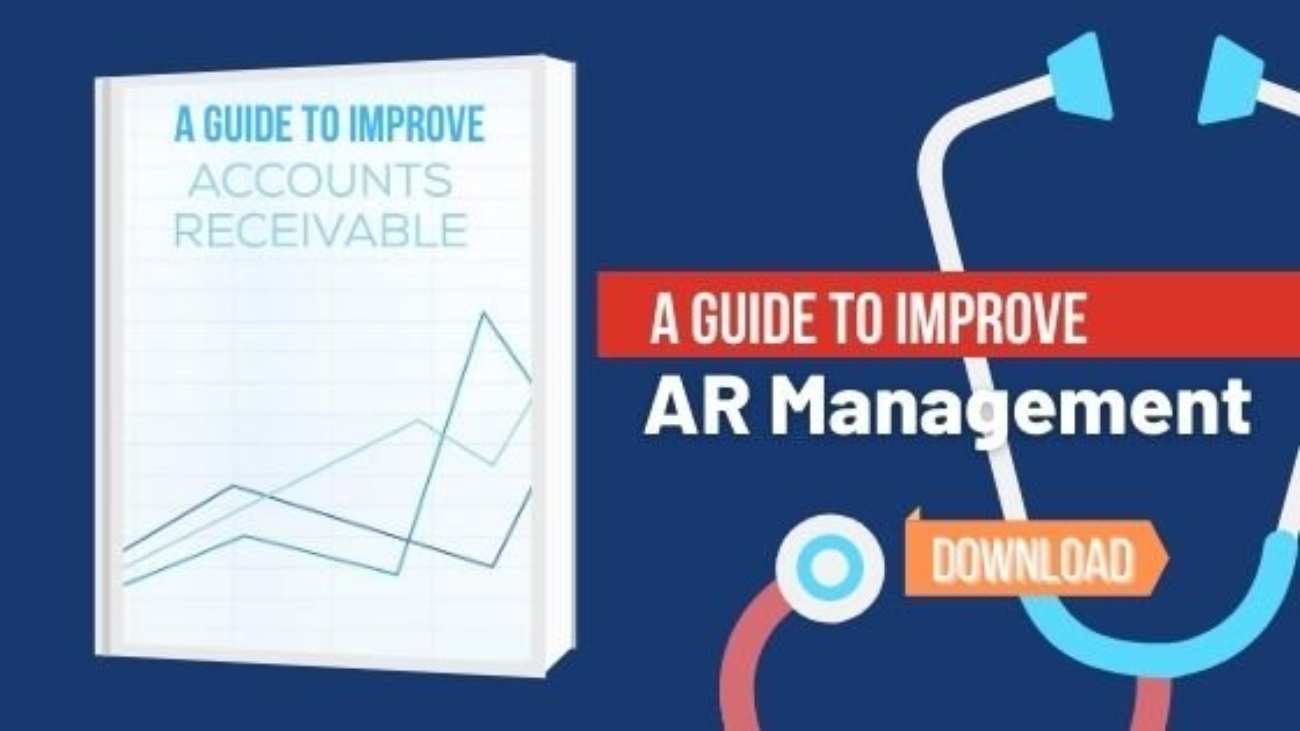Do you agree that revenue flow is interrupted due to high account receivable? Of course, you aren’t the only healthcare professional to face revenue loss but you can make a difference by maintaining perfect A/R management in revenue cycle management companies.
Few tips can resolve some of the common problems of account receivable in revenue cycle management companies and restore revenue payments without encountering any loss of revenue.
What is Account Receivable in Medical Billing?
- The amount owed for the service rendered by healthcare professionals to the patient is billed to the insurance companies. This is called account receivable process.
- Usually, AR days are measured and calculated by dividing total account receivable days with daily charges.
- If account receivable days are more than 30 days, it means healthcare professionals payments are delayed for 30 days and above.
- In fact, AR is actually classified by age. The time from when the healthcare professionals bill their claims with the insurance companies to the time they reflect the outstanding amount.
Common Issues in Account Receivable:
- Healthcare professionals experience high account receivables when they don’t receive revenue reimbursements on time.
- If A/R aging exceeds over 90 days, then revenue cycle management companies and healthcare professionals are likely to lose their revenue and their claims don’t turn into revenue payments.
- The most common problems for high account receivables are:
- Claim Denials
- Unwarranted write offs
- Substandard Debts
- Collections
1.Claim Denials:
- Claim denials are the most critical reasons for high account receivables in revenue cycle management companies.
- Most of the revenue payments are paid by the insurance companies after claims are submitted for the services provided by healthcare professionals.
- When the claims are denied, it would be the reason for the revenue halt and also can interrupt the revenue flow.
- Claim denials are caused when insurance companies deny to pay for the claims due to errors in the submitted information.
- Most of these errors are caused due to mistakes in patient demographic details, inaccurate information, duplicate claims, uncovered procedures, medical billing and coding errors and late claim submissions.
- The more claim denials, the less ways to get revenue reimbursements from the insurance companies.
2.Unwarranted Write offs:
- Few write offs are required while others lead to high account receivable. Revenue cycle management companies must have their own set of procedures but when they lack ,it means they have more write-offs.
- Very often revenue cycle management companies or healthcare professionals will write off the unpaid claims after certain period of time.
- Even when the payments are less, write offs can gather more amount of loss. So, it’s important for revenue cycle management companies and medical billing teams to set a process for certain adjustments.
- Applying proper rates is also important if healthcare professionals do not want to find write offs for maximum allowed.
3.Substandard Debts:
- When the deductibles and out of pockets are rising, it’s not easy for healthcare professionals to get paid for the services rendered to their patients.
- An analysis found that more patients of about 68% of them have their balances left behind and they either pay less or don’t pay at all.
- Comparing to others plastic surgery has the highest out of pocket rates where it shows more responsibility on patients than other specialties.
4.Collections:
- Healthcare professionals often don’t mind about collection culture as their main priority is to help patients in their services and concentrate on patient responsibility.
- Most of healthcare professionals value better customer service over collecting unpaid revenue payments and reimbursements.
- However for a medical practice to excel in the healthcare industry, it needs to receive constant payments in order to continue their services as well as operations.
- Many healthcare professionals depend on revenue cycle management companies and their tools to collect payments on time in an efficient manner.
- If properly organized, collection culture increases patient responsibility and also patient satisfaction.
Tips to improve account receivables and revenue flow:
- Regularly track the account receivables trends and fluctuations by running A/R reports every month.
- These every month reports must include aged receivables in order to track the older bills.
- Patients with outstanding balance should be sent frequent alerts and notices as reminders to get paid on time.
- Have regular tracking of claims with insurance companies and also follow them through phone calls.
- Phone calls can’t be ignored and is easy to get any doubts clarified regarding payments.
- Increase those billing cycles. Revenue cycle management companies must concentrate on sending claims to the insurance companies often. Mailing bills or submitting claims quickly will result in faster reimbursements.
- Examine claims thoroughly. Keep an eye on claims and look for its completeness and accuracy .
- Errors in claims leads to denials and denials might make your account receivables high and halt revenue flow. Proof reading, prior submissions of claims and scrubbing errors can make it easy for medical billing team during audits beyond issues.
- Verify patient eligibility. Not all policies are applicable for the services rendered to the patients. Insurance coverage may vary. Confirm the eligibility and determine the revenue they owe for the services provided.
- Insist co-pays which will decrease aged receivables and bad debt. Insist medical billing team to maintain and submit reports of collected copays to identify quicker payments.
- Outsourcing medical billing services to revenue cycle management companies can make the work even better as they examine claims for errors, follow up with the denials and guarantee revenue payments.
Activities to optimize account receivable process:
- Maintaining proper and accurate customer data ensures the accuracy of information that remain as essential part of account receivable process.
- Inaccurate information including wrong address, can mislead the documents or claims to different locations.
- Credit approval process must be clear and concise. Harmful credit practices may seem to increase sales but actually leaves the company in huge loss.
- There should be a proper process for extending credit and company must establish it.
- Effective billing process is necessary as pricing errors, errors in measuring units can cause greater damage to revenue cycle process.
- Optimize better collection process while it makes much hassle free to collect payments on time.
- Proper payments always enables and determines the accounts those are at greater risk.
- Automated processes must be established to prevent errors from manual entry and denials can also be avoided with smaller effort.
Best Communication Practices for Better AR Management
Communication is key to realize the full potential in any business. It is all the more important when realization of stuck revenue depends on a few phone calls to an insurance company. Healthcare billing professionals and their teams often need to settle any AR by calling up the representative from the insurance companies. Professionals with excellent communication skills manage to resolve the issue in a single call while some find it challenging to reconcile the issue altogether. Here are some best practices that you should incorporate in your organization.
- The primary goal of the billing team is to settle the AR issue with the insurance representative in the first phone call. They should not let it escalate to any higher authority, thus making the process more complicated.
- In case the matter is not solved in the first call or with the particular executive, you should consider taking it up with the supervisor. But first make sure that you have all the information you need to battle the claim.
- Keep all documentation handy before proceeding with the call. Having all the required data with you for reference will help you navigate better and also save valuable time of both the parties.
- Do not miss minute details like the expected timeframe of response, claim number, patient details, and the fax number used for sending the necessary documents. You can also refer to relevant parts of the provider contract to back your AR claim.
Hope you got information on account receivables. For any suggestions, please comments below. We will consider your suggestions if relevant. For more queries and updates on healthcare, please subscribe to our blog.




